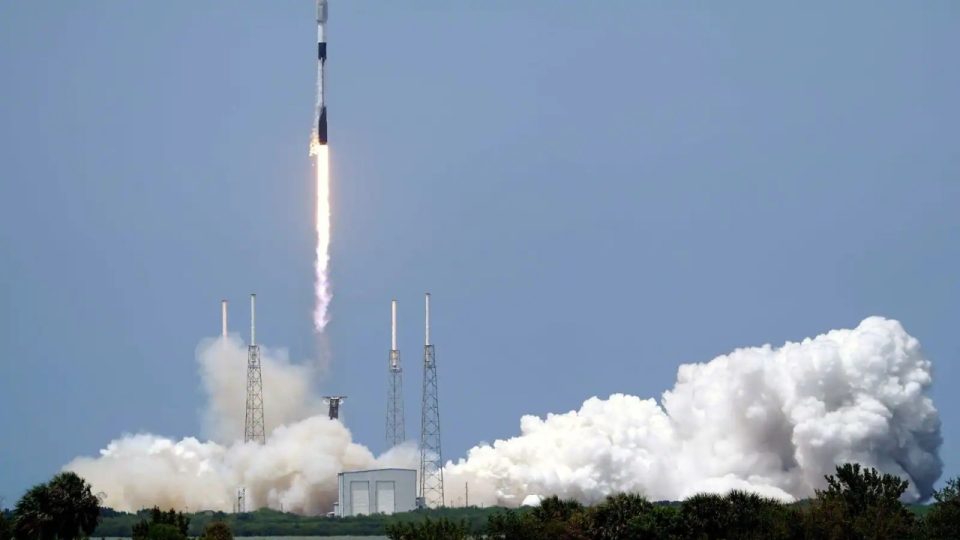Pawan Goenka, chairman of the Indian National Space Promotion and Authorization Centre (IN-SPACE), the nodal government space agency, said private companies in India would finally be allowed to launch their commercial space projects by the end of this year, and the government will soon announce a new space policy. In an interview, Goenka said the first batch of five Polar Satellite Launch Vehicles (PSLVs) built by a consortium of Hindustan Aeronautics Limited (HAL) and Larsen & Toubro Limited would use only ISRO. This is the first instance where a complete rocket will be built outside the space agency.
“Once the first stage deployment of privately built PSLVs is complete, future PSLVs will also be available to the private sector, which will use these high-capacity launch vehicles for large-scale commercial missions,” Goenka said on Tuesday.”
Goenka said the government’s long-awaited space policy was “almost” ready and could be rolled out in the coming weeks, adding that it will “reduce all regulatory hurdles” for the country’s private space companies.
Currently, Indian companies are not allowed to use ISRO’s facilities for space projects, such as those undertaken by the US-based SpaceX and Orbital Sciences. As a result, Indian companies such as Agnikul Cosmos and Skyroute Aerospace are building their rockets and cannot use ISRO’s facilities for launches at this time, a rule that promises to change space policy. Allowing private companies to conduct space missions benefits countries like the US, stimulating private sector investment. For example, the reusable Falcon 9 rocket, built by Elon Musk‘s SpaceX, has become a global space project favourite. Indian startups, on the other hand, may focus on making cheaper launch vehicles and innovative designs.
The new space policy is also expected to allow private Indian companies to collaborate with government entities on commercial space missions. Industry experts say most of the R&D will be allocated to ISRO.
Chaitanya Giri, a consultant at think-tank Research and Information Systems for Developing Countries, said the design, mass production and launch of the privately built PSLV rocket launch vehicle would help Indian startups grow in number.
“ISRO built the PSLV we currently have; it is not a commercial entity. Although PSLV is known as the workhorse of ISRO, the latter is still operating today due to the number of satellites that India carries. If our goal is to be globally, Commercial space launches in China account for a large share, and we need more and better-equipped launch vehicles,” Giri said.
ISRO’s PSLV has launched government and commercial satellites into low and medium Earth orbit. On June 30, the PSLV-C53 rocket headlines by sending the first batch of privately-built Indian satellites into orbit.
 Live
Live

